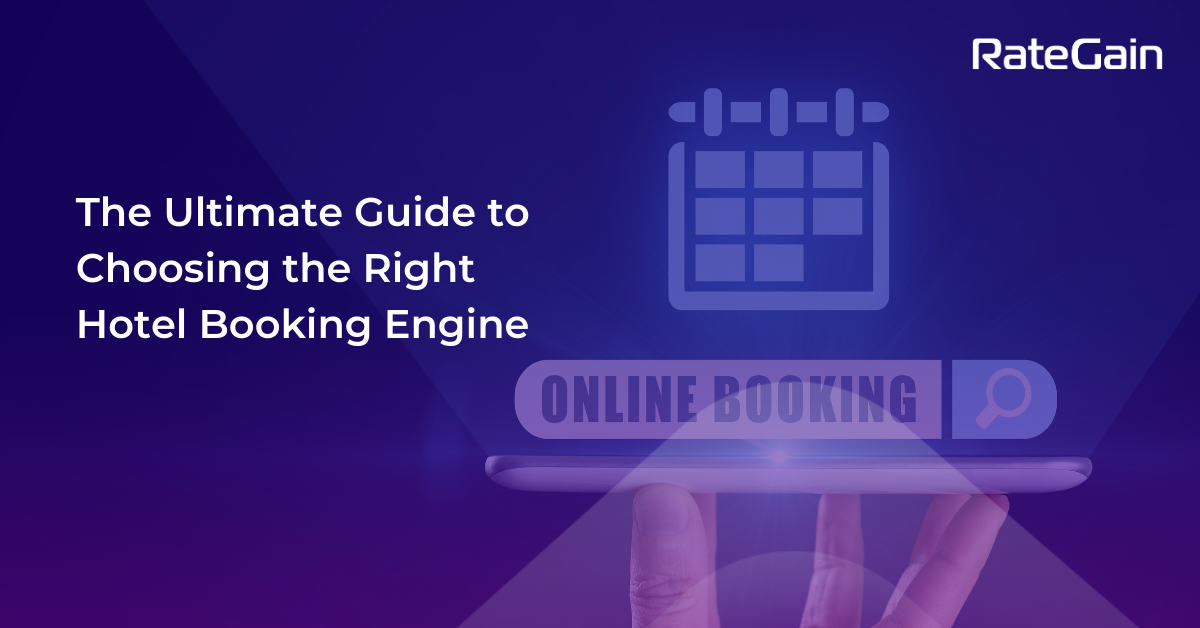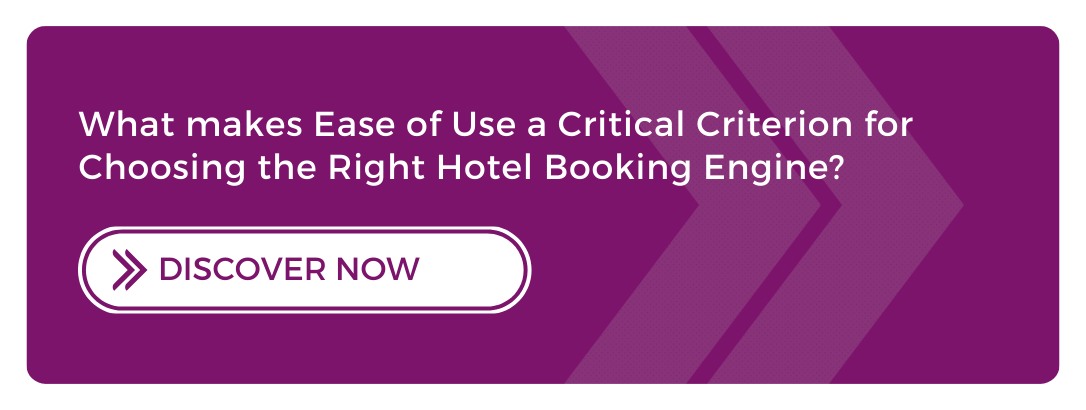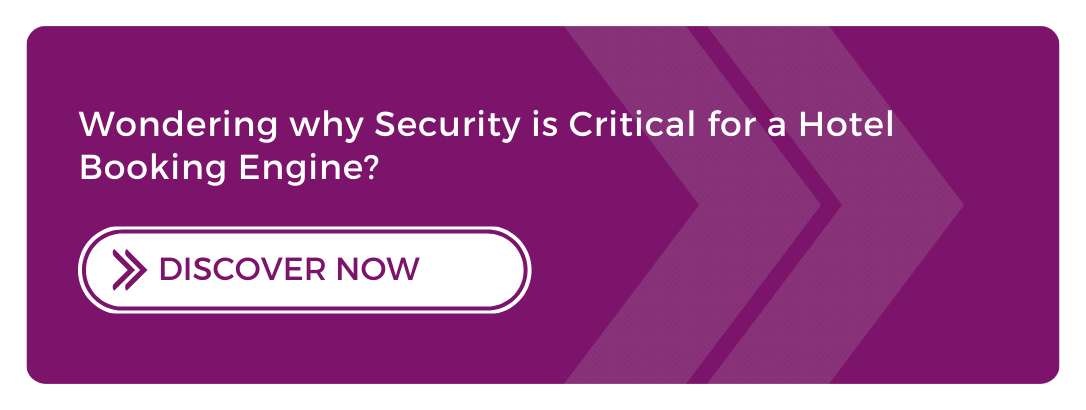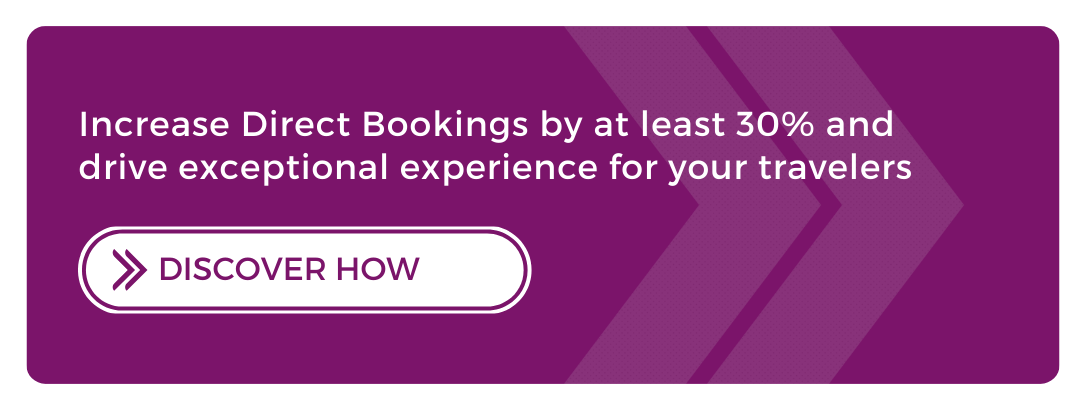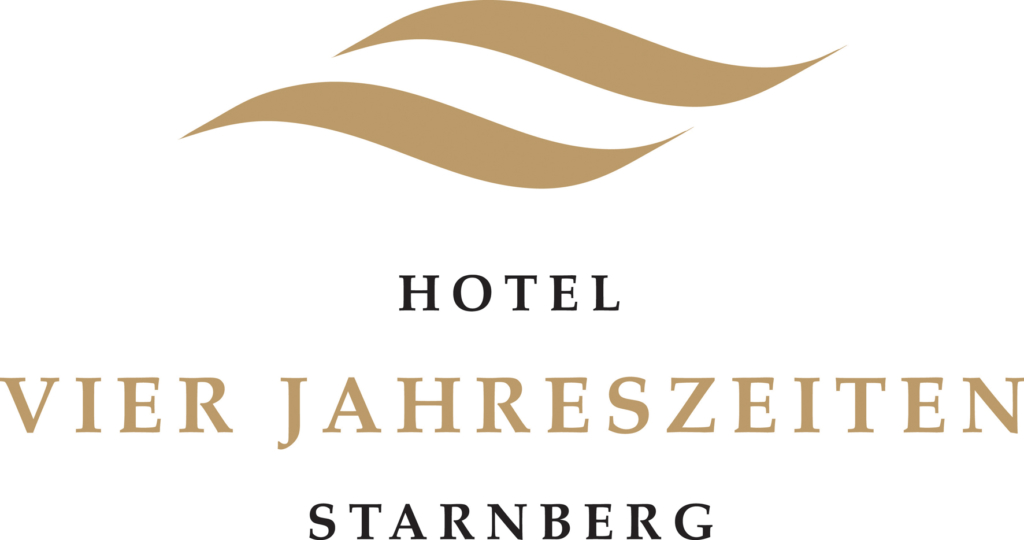As technology continues to reshape the way travelers plan and book their accommodations, hotels must stay ahead of the curve to meet the demands of modern guests. At the heart of this digital transformation is the hotel booking engine, a critical tool that can significantly impact a guest’s booking experience and a hotel’s bottom line. And so, we bring to you this guide to choosing the right hotel booking engine.
This ultimate guide aims to assist hoteliers in navigating the myriad options available when selecting a booking engine; delving into the essential features and considerations that can make a significant difference in enhancing the overall booking experience for both hoteliers and their guests.
Whether you’re a boutique inn or a sprawling resort, this guide will provide valuable insights to help you make an informed decision and optimize your online presence in the competitive world of hospitality.
Understanding Hotel Booking Engines
Hotel search engines are online systems that allow guests to check room availability, view details, compare rates, and complete reservations directly on a hotel’s website. The engine is integrated with the property management system (PMS) and central reservation system (CRS) to provide real-time inventory and pricing.
How do Hotel Booking Engines work?
When a guest confirms a booking through the engine, the reservation data is instantly synchronized with the PMS and CRS. This automation eliminates manual data entry and gives staff an up-to-date view of all booked available, and occupied rooms. The hotel search engines effectively act as a bridge between the hotel’s core operational systems and the customer-facing web platform.
The hotel room search engine displays dynamic rates, amenities, room types, packages, and other details through a search interface. Customers enter their travel dates and preferences to view applicable room options and current prices. The intuitive booking process allows guests to select their room type easily, input details, view total pricing, enter payment, and complete reservations entirely online.
Advantages of implementing hotel search engines
Key advantages of implementing a hotel search engine include the following:
- Increased direct bookings and revenues: By handling reservations directly instead of via OTA sites, hotels can save significantly on commissions and fees.
- Improved guest experience: Real-time rates and availability, along with a smooth booking process, increase convenience and satisfaction.
- Higher website conversion rates: Integrated booking capability helps capture more bookings from site traffic.
- The automated process reduces the workload for staff: Online bookings eliminate manual data entry and sync automatically with PMS.
- Synced rates and inventory across all platforms: Real-time connectivity ensures pricing and room status is current everywhere.
- Flexible options for customization and optimization: Tailor the engine to match brand aesthetics, market demand, and promotions.
- Enhanced merchandising capabilities: Dynamic packages and offers can be created to generate ancillary revenues.
- Access to guest data and booking analytics: Understand demand, optimize pricing, and identify revenue opportunities.
With the right hotel engine, properties benefit from higher revenues, operational efficiency, and delivery of superior guest experiences.
Key Features to Consider in a Hotel Booking Engine
When researching and evaluating potential hotel engine search solutions, there are several key features to look for:
- User-friendly interface: The booking process should be simple and intuitive for customers. Optimal engines provide a responsive design supporting flawless experiences across all devices – desktop, tablets, and mobile.
- Customizable design: Look for an engine that allows the interface design, layouts, fonts, colors, and other elements to be customized to match your hotel’s branding aesthetic. This helps elevate the guest experience.
- Rate management: The system should enable dynamic rate loading and flexible control of room rates, minimum stays, cancellation policies, discounts, packages, promos, and more. Grouping, sorting, and priority configuration also add value.
- Booking rules: The capability to establish various booking rules like length of stay requirements, blocked dates, cancellation timeframes, and similar policies brings essential controls.
- Payment processing: Securely accepting debit/credit cards, processing deposits, managing prepayments, and other financial components are essential features.
- Reporting: Robust reporting functionality allows monitoring of bookings, conversion metrics, revenues, web analytics, and other key performance indicators. Data insights optimize operations.
- PMS integration: Two-way integration with your existing property management system enables a seamless flow of reservations and guest data between the channels. This is a fundamental requirement.
- Multi-lingual: Support for displaying the hotel search engines in different languages is valuable for appealing to international guests and geo-targeted marketing.
- Multi-property: For hotel chains and groups, the capability to manage bookings and inventory for multiple properties from one unified engine is highly beneficial.
- CRM integration: Integrating the hotel room search engine with the hotel’s CRM platform enables personalized messaging and promotions based on loyalty status and guest preferences.
- Automated upsells: Smart built-in upsell functionality helps boost ancillary revenue through relevant add-ons like room upgrades, meal plans, spa packages, early check-in, and more.
- Commission management: Configurable commissions and agent logins allow for integration with travel agent bookings and provide incentives.
The Different Types of Booking Engines
The hotel search engine landscape offers diverse solutions. Here is an overview of the main types available:
-
Independent booking engines
These are standalone booking systems designed specifically for hotels. They are deeply customizable engines that integrate directly with the hotel’s website or as a white label embed.
Independent engines offer the most features, flexibility, and optimization capabilities to maximize bookings, revenue, and guest experience. However, the setup and maintenance are handled by the hotel.
-
Chain / brand booking engines
Many large hotel chains and brands offer their own booking systems for member properties. These engines have pre-determined design templates and features aimed at reinforcing brand consistency.
While the core functionality meets needs, the machines have limited hotel ability to customize or tailor to their specific market deeply. The chain IT team typically handles setup, management, and support.
-
Channel manager engines
Some channel managers provide a basic hotel search engine or widget for their broader distribution package. These are lightweight and focused primarily on the connectivity with various OTAs.
Customization and functionality are constrained compared to standalone solutions. On the plus side, setup and maintenance are handled by the channel manager.
-
PMS built-in engines
Many hotel PMS platforms offer a web booking module or portal that provides core booking engine capabilities. Hotel room search engines are convenient since they are natively integrated and pre-configured to work with the PMS. However, they are typically limited in branding, customization, and merchandising features.
-
Third-party engines
These are hosted booking systems provided by third-party intermediaries like online travel agencies. Integration allows a hotel’s inventory to be searchable and bookable on the OTA site. However, the design and functionality are fully controlled by the OTA. Direct bookings are minimal since most reservations occur on the aggregator site versus the hotel website.
Evaluating these key differences and weighing them against a property’s requirements helps determine the ideal hotel booking engine approach.
Factors to Consider When Choosing a Booking Engine
Selecting the right booking engine is an important decision that impacts guest experience, operations, and revenue. Here are some of the key factors for hotels to carefully evaluate when choosing a solution:
-
- Integration: The engine’s ability to smoothly interface with your property management system, website, and other platforms is imperative. Real-time syncing of rates, inventory, reservations, and guest data is essential.
- Functionality: Consider if the system provides all the front-end capabilities and back-end management tools your hotel needs. Does it cover rates, packages, upsells, policies, reports, etc?
- Ease of use: The booking process should be simple and intuitive for guests across all devices. Administrative interfaces should also be easy and efficient for staff to use.
-
- Customization: Evaluate customization allowances like tailoring the design, content, promotions, packages, ancillary upsells, and more. White-label solutions offer more flexibility versus brand-mandated options.
- Cost: Pricing models range from one-time setup fees to monthly subscriptions to volume-based fees. Consider ROI-driven factors like revenue potential and cost savings on commissions.
- Support: Check the availability of ongoing technical support, training resources, maintenance, and version updates provided by the booking engine company.
- Company reputation: The vendor’s track record for reliable technology, service, and support impacts the engine’s performance and longevity.
- Performance: Ensure the system can smoothly handle your website traffic volumes, number of users, integrations, and transactions.
- Analytics: Comprehensive reporting and analytics capabilities provide insights to optimize revenue and operations.
- Security: Robust data security provisions, PCI compliance, and privacy measures are mandatory.
Prioritizing these parameters based on your hotel’s unique requirements helps determine the ideal booking engine match.
Evaluating and Comparing Booking Engine Providers
Here is a methodology for thoroughly evaluating and comparing potential booking engine providers:
- Create an RFP: Draft a comprehensive RFP detailing your hotel profile, technical environment, business objectives, feature requirements, and vendor response expectations.
- Research options: Identify booking engine companies that serve your market segment. Get referrals from industry peers using solutions they like.
- Request demos: Have at least 3-4 vendors provide interactive demos of their platform and capabilities. Come prepared with questions.
- Compare models: Weigh standalone vs. integrated, chain vs. independent, on-premise vs. cloud, and other variations.
- Assess integrations: Review how seamlessly each engine connects with your hotel’s PMS, website, CRM, and other existing systems.
- Map required features: Create a grid to compare each vendor’s platform against your identified must-have features.
- Evaluate customization: Determine the depth of customization allowed for design, fields, rules, promotions, packages, and more.
- Review use cases: See client examples and case studies on properties like yours to gauge real-world results.
- Check ratings: Research online reviews and ratings for the vendor and their products from validated sources.
- Compare costs: Price out one-time fees, recurring expenses, volume charges, additional services, and total contract value.
- Verify security: Ensure enterprise-grade security, encryption, backup systems, and PCI compliance.
- Check performance: Review uptime history, service requirements, load capacities, redundancies, and scalability.
- Contact references: Have candid discussions with clients provided as references to learn about their experiences.
- Assess ongoing support: Review service level agreements and availabilities for technical support, maintenance, training services, and product updates.
Running an exhaustive evaluation process maximizes your chances of choosing the optimal booking engine for your needs.
Implementation and Onboarding
Once a booking engine provider has been selected, bringing the new system online requires careful planning and execution. Key phases in the implementation process include:
- Discovery: Initial meetings to detail project scope, priorities, timelines, team roles, hotel branding elements, packages to configure, integrations needed, and desired outcomes.
- Technical configuration: Based on the PMS, IT infrastructure, and other connected systems, the technical integration architecture is mapped and configured.
- Design setup: Hotel branding, including colors, fonts, logos, imagery, and other visual elements, is implemented on the templates provided by the engine vendor.
- Content development: Relevant descriptive content for room types, amenities, property details, packages, promotions, etc., is written and loaded into the system.
- Functionality activation: Booking rules, rate plans, discounts, upsell offers, payment options, and all core engine features are activated and tested.
- Data migration: Historical reservations, rate plans, and guest profiles are transferred to the new booking engine.
- Testing: Thorough regression testing across different devices, browsers, user flows, scenarios, load volumes, and integrations. Bugs are logged and fixed.
- Training: Hotel staff across roles are trained in managing the front and back-end functions of the new booking engine.
- Go-live: Following final testing and optimization, the system goes officially live and is open to public booking.
- Post-implementation review: Within 30-60 days of launch, the hotel and vendor team meet to review results, stats, issues, stabilization checklist, and refinements.
Allotting sufficient time and resources to the critical implementation steps results in smooth and successful booking engine deployment.
Future Trends and Innovations
Hotel booking engines continue to evolve with innovative features and capabilities powered by new technology. Key trends shaping the future of hotel room search engines include:
- Personalization: Using integrated guest data and AI, engines will provide customized displays, offers, recommendations, and experiences for each individual.
- Smart distribution: Engine intelligence will optimize channel connections and rate allocations between OTAs based on demand patterns.
- Conversational commerce: Chatbots, voice assistants, and messaging will allow reservations and customer service conversations directly through hotel room search engines.
- Predictive analytics: Advanced data modeling will better forecast demand peaks and lulls, recommend optimal pricing, and identify customer value.
- Cross-selling: Tight CRM integration will enable proactive cross-selling of F&B, spa, golf, and other on-property activities and packages during the booking journey.
- Self-optimization: Machine learning algorithms will automatically test variations and refine layouts, content, offers, and flows to raise conversions incrementally.
- Hyper-personalization: Individual engagement will happen at scale, with customized packages, promotions, and upsell offers generated in real-time tailored to each guest.
- Simplified payments: Support for alternative payment methods like PayPal, Venmo, WeChat Pay, and cryptocurrencies will reduce friction and increase conversions.
- Seamless pre-arrival: Guest engagement will start right after booking with automated personalized communications about their upcoming stay.
- Total revenue management: Tighter PMS integration will optimize the generation of ancillary revenues from F&B spa activities to complete the guest revenue lifecycle.
Final Thoughts
Implementing a modern, customizable hotel engine search is crucial for properties to effectively compete, boost direct bookings, lift online conversions, maximize revenues, reduce costs, and provide a superior guest experience. However, identifying the ideal booking engine hinges on thoroughly evaluating key factors like technical integration, required functionality, ease of use, design customization, security provisions, performance metrics, and provider reputation.
Comparing multiple solutions suited for your hotel profile and requirements is highly recommended before deciding. Booking engine setup is also a meticulous process requiring careful planning and execution across design configuration, integration testing, data migration, staff training, and launch. Keeping future technology trends in mind also ensures your engine can evolve in capabilities over time. With a robust booking engine optimized for your needs, hotels gain a valuable platform for driving more bookings, enhancing guest interactions, and growing revenue channels.
FAQs
What is the best booking engine for hotels?
There is no universally “best” hotel booking engine. The optimal solution depends on factors like size, budget, brand standards, required capabilities, integration needs, and internal resources of the hotel. Comparing solutions that align with your specifics delivers the ideal fit.
How can I improve my hotel booking system?
Improving your hotel search engine involves:
- Optimizing the user experience for conversion rate lift
- Adding promotional capabilities
- Implementing multi-language support
- Enabling seamless mobile booking
- Integrating messaging
- Analyzing data to refine pricing and channel connections
- Evolving with the latest innovations
How do I choose a booking system?
To choose a system, create requirements based on features needed, evaluate leading vendor options, get demos, assess integrations with your existing tech stack, review customization flexibility, ensure security provisions, compare ongoing support services, and verify performance capacities suit your demand volumes.
How do we maintain an efficient booking system?
Maintain booking engine efficiency through continual performance monitoring, frequent testing across devices, implementing technology updates, addressing bugs/issues quickly, integrating with other platforms, training staff on new features, optimizing user flows, and leveraging guest data and analytics to maximize revenue.
How do I ensure a smooth integration of the booking engine with my hotel’s website?
Work closely across teams during the discovery, planning, design, development, and testing phases. Validate all data points map properly, allow adequate testing time, fix issues, optimize page loading speeds and UX, confirm real-time rate/inventory syncing, thoroughly test end-to-end and monitor closely after launch to stabilize the integration.
 Deutsch
Deutsch Português
Português Italiano
Italiano Espanol
Espanol čeština
čeština ไทย
ไทย Français
Français
